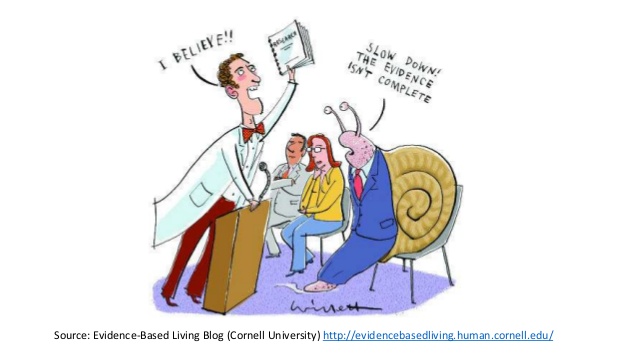As a medical student , one is often confronted with the dichotomy of Medical Research and practical medical treatment at ground level, this is particularly true with practicing medicine at semi-urban setups and rural setups. I myself pursued my “compulsory” rural internship as part of training , long back in 1993-4 at a rural area of Ahemadnagar- Shrirampur with a fairly modern healthcare setup of St Lukes Hospital. I vividly remember the numerous “normal deliveries” , few transverse lie Caesarian sections , Snake bites , I got to handle during those early days of being a “Doctor” ! This helped me in consolidating my knowledge I earned during the four and half years of “Didactic” training of B. J Medical College and Sasson General Hospitals in Pune, India. In addition , the “compulsory” internship also exposed me to the gap in “practical” side of treating a disease or a patient versus the text book picture of a disease or a patient. During the stint at WHO working in South East Asia, I was first exposed to “Computers in Medical Research” mostly limited to data entry and analysis in spreadsheets (excel and similar packages) in the year 1994-98. This was the time I realized the importance and vastness of medical data , the diversity in population that responds drastically differently to similar treatments (pharmacological or otherwise) . The bug of Clinical Research and Clinical Trials had caught me and so had the interest of Clinical Pharmacology and Population Pharmacokinetics. This was also my beginning of the encounter with what we call today as informatics , clinical informatics and (Clinical) data analytics. The mega-data driven digital age that we all live in today makes it impossible to imagine that just two decades back , data was measured in bytes , kilobytes ( the 1.44 floppy days ! ). The advantages of data storage to mega, giga and tetra bytes on small devices (micro-cards !) and the computing from the early days of BBC micro – 386 to high speed computing of Pentium- dual processors and further has helped various domains of research , more so in the domain of medical research. The term Evidence Based Medicine is now common and Evidence based Medicine is being practiced using modern algorithms based on AI (Artificial Intelligence) or ANN ( Artificial Neural Networks) We have traveled far in very short time from “Intuitive,experience based medical practice” to “Evidence Based Medical practice” ! In highly regulated “markets” like US , this does have some pros and cons in terms of costs and regulation. In more “socialistic” health set up like Canada and UK , the potential of Digital Healthcare Data , Big-Data in Healthcare and Analytics will have huge implication in the way Medical Research would be conducted in near future. I predict that the way clinical trials would be designed , conducted and regulated would change drastically. The domain of Pharmacovigilance which the world started noticing only after the “Vioxx trial around 2002 , has now become a norm in every product development from early stages ! The Clinical Trials as we knew a decade ago , would be history. In the age of big data and analytics, the new form of “Medical Research and Clinical Trial” will have a more integrated approach of Population Pharmacokinetics-Pharmacodynamics , Disease Management , Early pharmacovigilance to continuous monitoring in Post-Marketing stage (Phase IV) This would also have more interdisciplinary teams from protocol designing to post-marketing phase that would involve , Clinical Data Scientists , Pharmacologists , Pharmaco-Epidemiologist , Pharmaco-Genetic Epidemiologist , Biotechnologist ,Specialist Clinicians , Statisticians and Analysts at every stage of development of a New Drug Entity. We are already enjoying the feel of this “Team” in the development of Biotech products for treatments in Translational Medicine. The FDA approving Adaptive Clinical Trials and protocols is the early sign of many more new things to come in near future especially in the area of Bio-markers , Cancer therapies and Translational medicine. There is a huge paradigm shift in the area of Medical-Clinical Research, Public Health Research and Clinical Trials. The integration of Clinical Research and Population Health Research in here to stay and make Clinical Trials more efficient , cost-effective and faster ! Population Health Research and Disease Management has arrived and is here to stay !
—
This is the first in the series of articles. The next few articles are planned on following topics : (suggestions are most welcome)
- Electronic Health Records and Prospective-Retrospective studies
- Evidence Based Medicine
- Clinical Informatics , Bio-Statistics , Population Epidemiology , Pharmaco-epidemiology
- Pharmacovigilance and the use of Big Data for Signal Detection / Amplification
——
